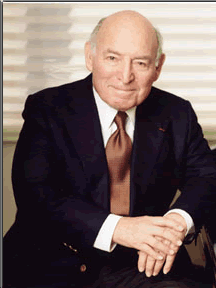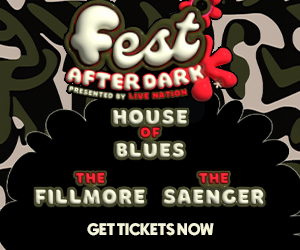Once Jazz Fest coverage ends, I more or less put a moratorium on chewing on its booking, but the upcoming CareFusion Jazz Festival in New York City begs for a comment. It is the new jazz festival from George Wein, the founder of the New Orleans Jazz and Heritage Festival, and while there are many names that have played Jazz Fest – Herbie Hancock, Terence Blanchard, Jimmy Heath, Esperanza Spaulding, Bitches Brew Revisited – there are also many younger artists that Wein found when he hit the clubs. In a February story by The New York Times‘ Ben Ratliff wrote:
 “More than 20 times in the past year,” [Wein] said in an interview on Tuesday. In Brooklyn, which he reckons he hasn’t visited more than two dozen times since 1960, he’s been to Zebulon and Barbès and the tiny Puppets. He’s been spending time at the Jazz Gallery, on Hudson Street in the South Village. And there he was last month during the crammed, chaotic Winter Jazzfest, settled in for a long night at Kenny’s Castaways on Bleecker Street.
“More than 20 times in the past year,” [Wein] said in an interview on Tuesday. In Brooklyn, which he reckons he hasn’t visited more than two dozen times since 1960, he’s been to Zebulon and Barbès and the tiny Puppets. He’s been spending time at the Jazz Gallery, on Hudson Street in the South Village. And there he was last month during the crammed, chaotic Winter Jazzfest, settled in for a long night at Kenny’s Castaways on Bleecker Street.
“I’ve got to change my way of listening,” he said. “I’ve got to listen to what the musicians are trying to tell me and whether they’re doing it well.”
That time in the clubs has produced a more inclusive, youthful festival.
The sponsorship by CareFusion, a medical technology company, amounts to about a half-million dollars, said Mr. Wein, almost comparable to what JVC provided. That will cover several Carnegie Hall bookings that are his predictable standby hits: the pianists Keith Jarrett and Herbie Hancock, the bossa-nova pioneer João Gilberto, the trumpeter Chris Botti. But the schedule also includes a lot of club concerts by jazz’s younger challengers: Darcy James Argue’s Secret Society; the quartet Mostly Other People Do the Killing; a large ensemble culled from the jazz-hip-hop collective Revive da Live, including the rapper Talib Kweli; a new trio of the pianist Jason Moran, the guitarist Mary Halvorson and the trumpeter Ron Miles; and bands led by Eric Revis, Matana Roberts and Craig Taborn, among others.
“What is jazz today?” Mr. Wein ruminated. “It’s a different world. As a producer I have to recognize that. I don’t have a lot of older people in my festival now, except at Carnegie. I don’t want the old names this year. I’ll do them another year.”
Only Jazz Fest know for sure if its jazz bookers spend the time and effort to keep their fingers on the pulse of jazz – not only as in its most traditional forms but in its more contemporary expressions. And if a man in his 80s can still have an open mind on jazz, anyone younger working on the festival has no good excuse for remaining hidebound.




